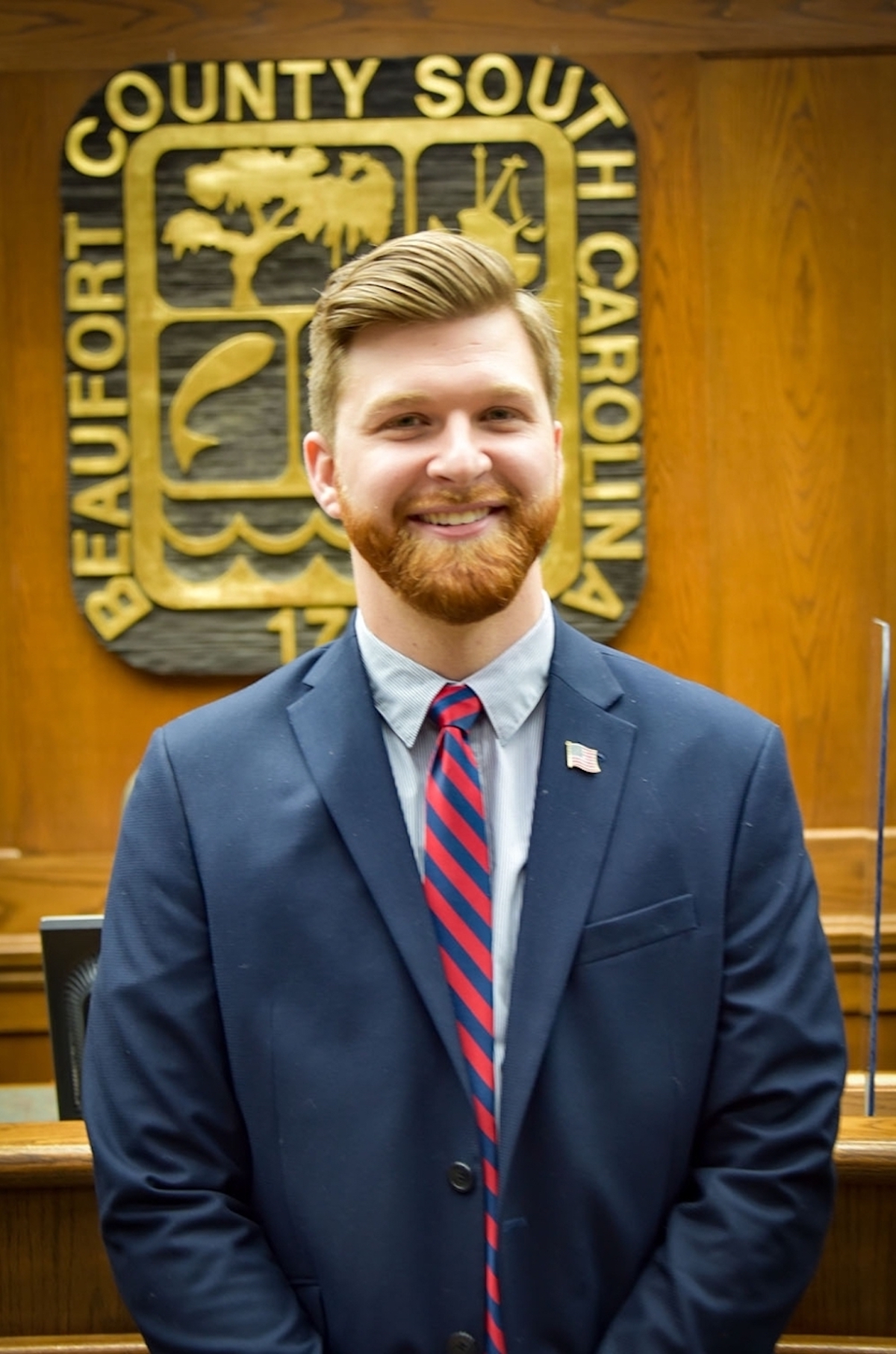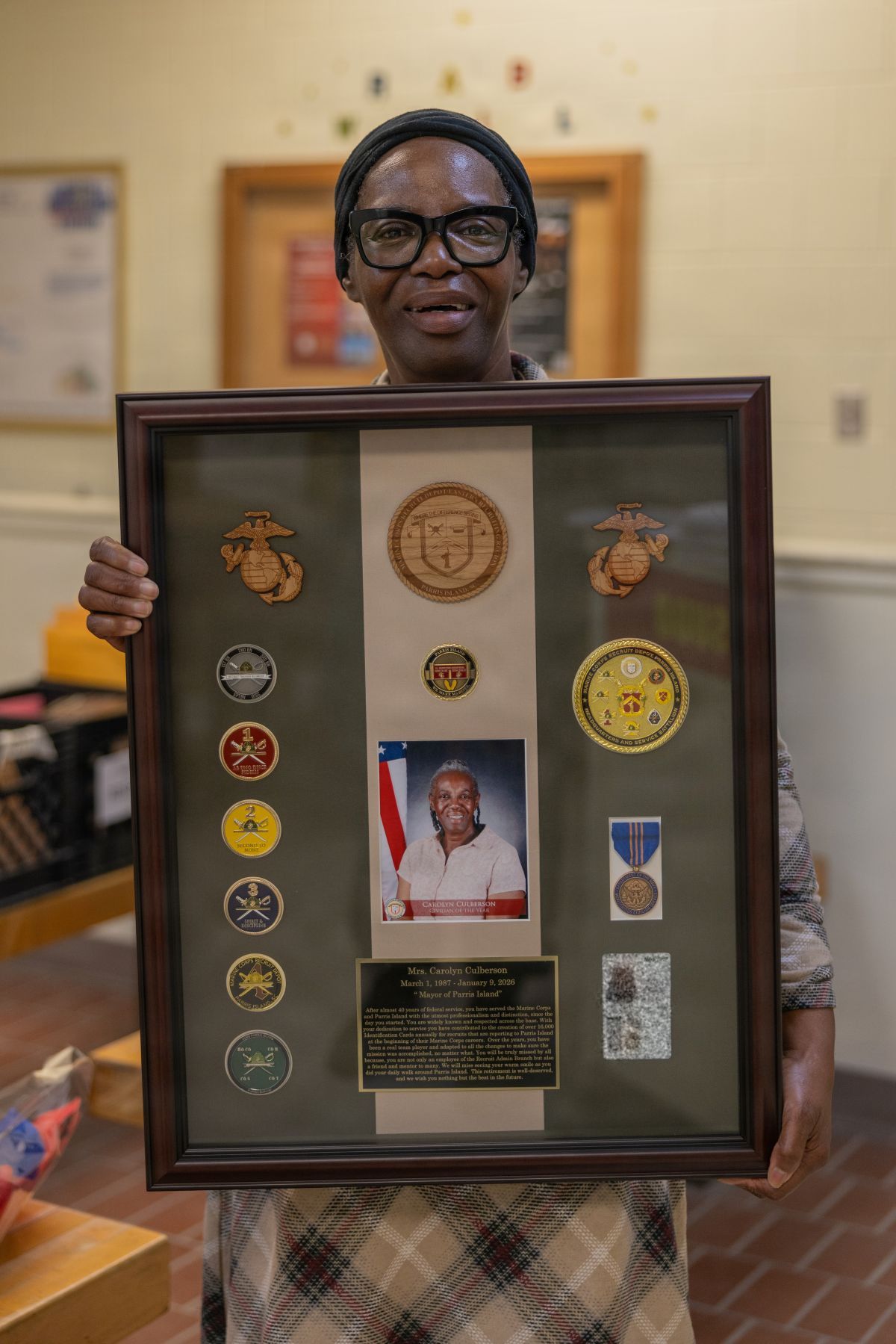By Larry Dandridge
As a 100% service-connected disabled veteran and a Vietnam-era wounded warrior who suffers from Post-Traumatic Stress Disorder (PTSD), I am familiar with the symptoms and effects of this devastating injury and condition. Fortunately, as a veteran who has been through the successful treatment for PTSD at one of the best Mental Health Centers in the world, The Ralph H. Johnson VA Medical Center, I am here to tell fellow veterans and their family members that:
- The VA mental health treatment works; and
- VA service-connected disability compensation is tax-free and generous. –
This article and the next will cover the minimum that veterans and their family members need to know about PTSD, how to apply for VA medical care, and how to apply for military service-connected disability compensation
VA Mental Health webpage
According to the VA “Mental Health” webpage, https://bit.ly/4bvNHTT, sometimes, when you experience a traumatic event — a car accident, an IED blast, military sexual trauma, killing the enemy at close quarters, or the death of a fellow service member — that moment can continue to bother you weeks and even years later. That can mean reliving the event by constantly replaying it in your head. It can mean avoiding places or things that remind you of the experience. It can also mean nightmares, sleeplessness, or anxiety. You might feel numb or, conversely, feel hyperaware of your surroundings.
The symptoms and effects of PTSD can disrupt your everyday life. People with PTSD sometimes withdraw from their family members and friends and in the worst cases resort to spouse or child abuse. They can find it hard to concentrate, startle easily, and lose interest in things they used to care about. Some may try to dull their feelings by misusing alcohol or drugs.
There are resources to help you recover from PTSD. Even if your symptoms come and go — or surfaced months or years after the traumatic event — effective treatments are available. If you are the spouse or friend of a veteran who has PTSD symptoms, you owe it to the veteran and yourself to encourage the veteran to seek help at a local VA Medical Center or Community-Based Outpatient Clinic (CBOC).
PTSD symptoms
PTSD symptoms may start within one month of a traumatic event, but sometimes symptoms may not appear until years after the event. These symptoms cause significant problems in social and work situations and relationships. Untreated PTSD can lead to divorce and even suicide. They can also interfere with your ability to go about your normal daily tasks.
PTSD symptoms are generally grouped into four types: intrusive memories, avoidance, negative changes in thinking and mood, and changes in physical and emotional reactions. Symptoms can vary over time or vary from person to person.
Intrusive memories
Symptoms may include:
- Recurrent, unwanted distressing memories of the traumatic event.
- Reliving the traumatic event as if it were happening again.
- Upsetting dreams or nightmares about the traumatic event.
- Severe emotional distress or physical reactions to something that reminds you of the traumatic event.
Avoidance
Symptoms o may include:
- Trying to avoid thinking or talking about the traumatic event.
- Avoiding places, activities, or people that remind you of the traumatic event.
Negative changes in thinking and mood
Symptoms may include:
- Negative thoughts about yourself, other people, or the world.
- Hopelessness about the future.
- Memory problems, including not remembering important aspects of the traumatic event.
- Difficulty maintaining close relationships (Divorce).
- Feeling detached from family and friends.
- Lack of interest in activities you once enjoyed.
- Difficulty experiencing positive emotions.
- Feeling emotionally numb.
Changes in physical and emotional reactions
Symptoms may include:
- Being easily startled or frightened.
- Always being on guard for danger.
- Self-destructive behavior, such as drinking too much or driving too fast.
- Trouble sleeping.
- Trouble concentrating.
- Irritability, angry outbursts, or aggressive behavior.
- Overwhelming guilt or shame.
- Frightening dreams that may or may not include aspects of the traumatic event.
Learn more about PTSD and PTSD symptoms at the VA’s PTSD: National Center for PTSD webpage, https://bit.ly/4cmGveb.
PTSD screening
If you are bothered by thoughts and feelings from a trauma, you may wonder if you have PTSD. Taking a screening — either online at https://bit.ly/3RWhApp or at a VA medical center (VAMC) is a good idea. Only a mental health care provider can diagnose PTSD, but the screening can help you and your provider understand if you might benefit from treatment.
VA PTSD treatment
According to the VA’s PTSD: National Center for “PTSD Treatment Basics” webpage, https://bit.ly/3znZdU6, PTSD treatment works. Those who have gone through trauma can learn to feel safe in the world and cope with stress. There are several helpful treatments, so you have options. No one treatment is right for everyone. Working with your VA healthcare provider, you can decide together which is best for you based on benefits, risks, side effects, and other preferences.
Talk therapies
Studies show that certain talk therapies (psychotherapies) work best. The talk therapies with the most research support are trauma-focused. “Trauma-focused” means that the treatment focuses on the traumatic event and what it means to you. The talk therapies that work best are Cognitive Processing Therapy (CPT), Eye Movement Desensitization and Reprocessing (EMDR), and Prolonged Exposure (PE).
In these talk therapies, veterans and their families learn ways to work through their trauma, by visualizing, talking, or thinking about the traumatic event until it becomes less upsetting. Talk therapies also focus on changing unhelpful beliefs about the trauma or since the trauma happened. Talk therapies usually last about eight to 16 sessions.
Other options have less research support but may be good options for a veteran and his or her family. Learn more about Talk Therapies for PTSD at the VA’s National Center for PTSD “Talk Therapy” webpage, found at https://bit.ly/3RUFjGG.
Medication
Several medications help treat PTSD symptoms. The best medication options are those with the most evidence: paroxetine, sertraline, and venlafaxine. Veterans work with their healthcare provider to check on their response to the medication, discuss side effects, and change the dose if needed. The benefits of medications take time to work and end after a veteran stops taking them. Learn more about medications for PTSD at https://bit.ly/3zrrSHP.
Continued next week.
Larry Dandridge is a Vietnam War wounded warrior, disabled veteran, ex-Enlisted Infantryman, ex-Warrant Officer Pilot, and retired Lt. Colonel. He is a past Veterans Service Officer, a Patient Adviser at the RHJ VA Hospital, the Fisher House Charleston Good Will Ambassador, and the VP for Veteran Affairs for the local Army Association Chapter. Larry is the author of the award-winning book Blades of Thunder and a contributing freelance writer for The Island News. Contact him at LDandridge@earthlink.net or 843-276-7164.







